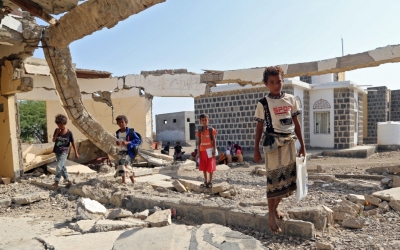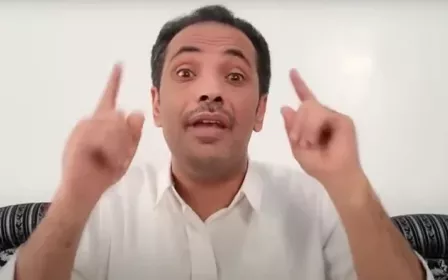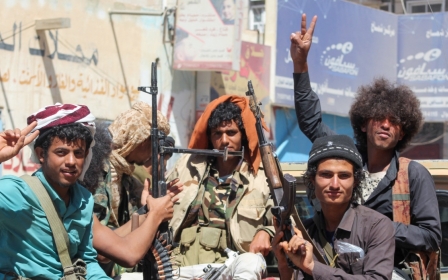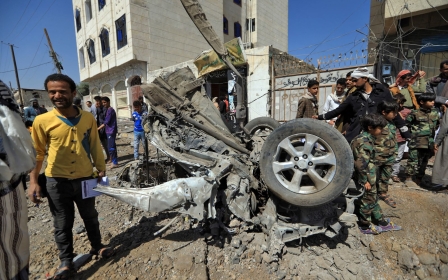UN's Yemen envoy says prospects for peace growing
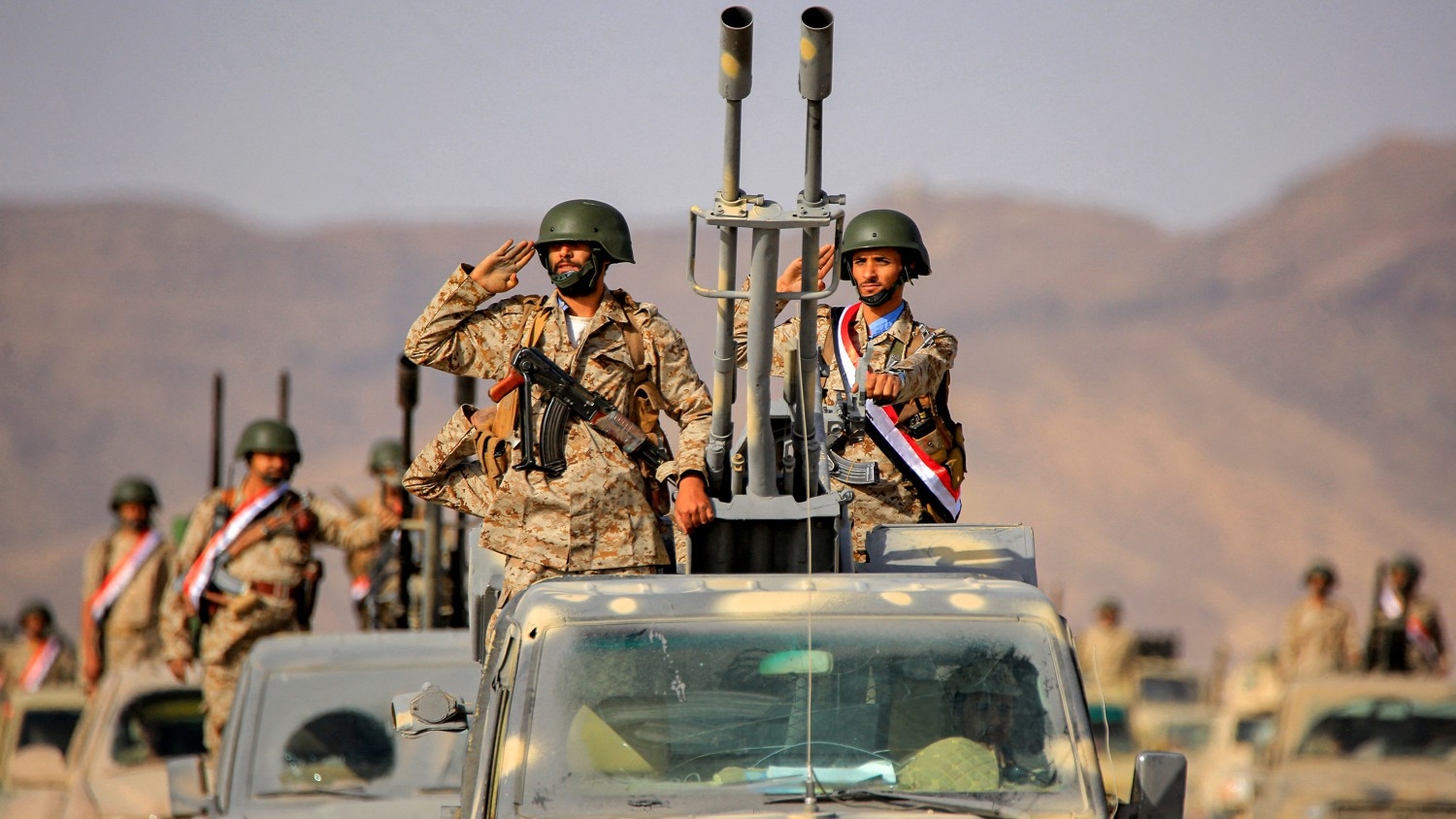
The prospects of a renewed truce in Yemen have increased, according to the United Nations special envoy for Yemen, as the longest period of peace in the Yemen war has seen an intensified effort both regionally and internationally to permanently end the war.
UN, Yemeni and Saudi officials have also said that Saudi Arabia and its rival, the Houthi movement, have revived back-channel talks, according to a report on Tuesday by the Associated Press.
"We are witnessing a potential step change in the trajectory of this eight-year-conflict," Hans Grundberg said on Monday, in an address to the UN Security Council.
"I am encouraged by the intensified discussions that are taking place ... I, therefore, urge the parties to make the most of the space for dialogue provided by the absence of large-scale fighting."
Grundberg, speaking more than three months after an initial truce pact expired, said the overall military situation in Yemen "has remained stable" and urged the warring parties to take the opportunity to work towards a "shared vision" to permanently restore peace to the war-torn country.
New MEE newsletter: Jerusalem Dispatch
Sign up to get the latest insights and analysis on Israel-Palestine, alongside Turkey Unpacked and other MEE newsletters
A UN-brokered truce, which took effect in April 2022 and was extended once, collapsed in October. Since then, at least 62 children have been killed or wounded in Yemen, according to Unicef.
Last year's truce had allowed some fuel shipments into Houthi-held Hodeidah port and commercial flights from Sanaa, but it did not lift a partial Houthi blockade on the central city of Taiz, a primary goal for the government.
Despite the absence of a truce extension, major fighting has not escalated.
Yemen descended into civil war in 2014, when Houthi rebels aligned with Iran seized the capital, Sanaa, forcing the internationally recognised government to flee to Saudi Arabia. Riyadh and a coalition of regional allies, chiefly the UAE, intervened in March 2015 to push the Houthis back.
Seven years of fighting have failed to dislodge the Houthis, who control northern Yemen and about 80 percent of the country’s population, along with major urban centres.
The conflict has led to what the UN describes as the world's worst humanitarian crisis, with more than 23.4 million people, including 12.9 million children, in need of humanitarian assistance and protection - almost three-quarters of the entire population.
Back-channel talks
The Associated Press reported on Tuesday that Saudi Arabia restarted indirect exchanges with the Houthis in September, when it became clear the UN-brokered truce wouldn’t be renewed. Oman has been acting as an intermediary between the sides.
One UN official described to the AP that back-channel talks between Saudi Arabia and the Houthis are "an opportunity to end the war … if they negotiate in good faith and the talks include other Yemeni actors".
Riyadh has developed a phased roadmap for a settlement, according to the official, which has been backed by the US and UN. The plan includes a number of promises from the Saudi-led coalition, including a more comprehensive reopening of the airport in Sanaa and an easing of the blockade on Hodeidah.
The Houthis are demanding the coalition pay salaries of all state employees, including the military, from oil and gas revenues. It is also calling on the coalition to open all airports and ports under Houthi control.
A Saudi diplomat, however, told the AP that paying military salaries is conditioned on the Houthis accepting security guarantees. The Houthis should also lift their blockade on Taiz, Yemen’s third-largest city, he said.
Iran has been regularly briefed on the talks between the Houthis and the Saudis and has so far supported the efforts, the diplomat said.
"An escalation would be costly on all fronts," a Yemeni government official told the AP. Still, "all are building up for the next round [of war] if UN efforts and the Saudi-Houthi talks collapse."
The Houthis' chief negotiator, Mohammed Abdulsalam, said visits to Sanaa by Omani officials show the Houthis' seriousness. The latest visit ended on Sunday.
"There is give and take with other parties," he said.
Middle East Eye delivers independent and unrivalled coverage and analysis of the Middle East, North Africa and beyond. To learn more about republishing this content and the associated fees, please fill out this form. More about MEE can be found here.


